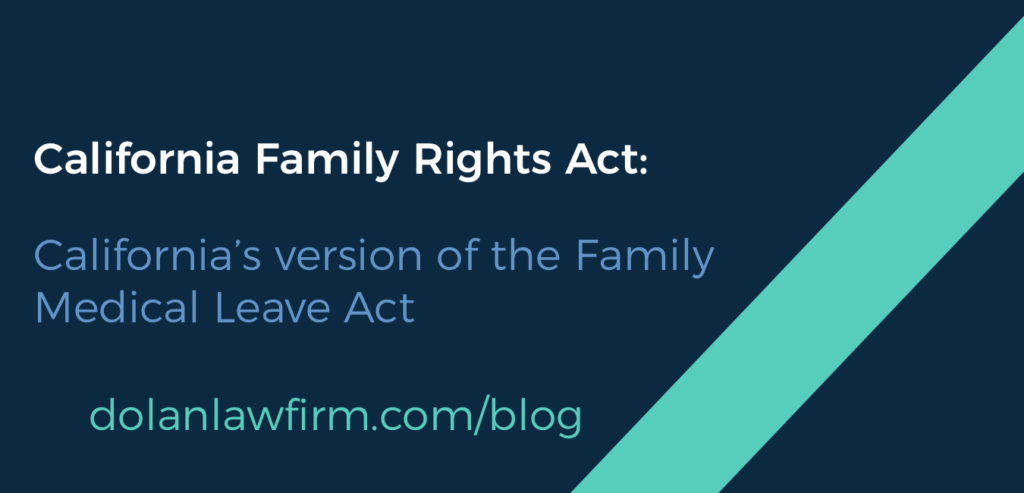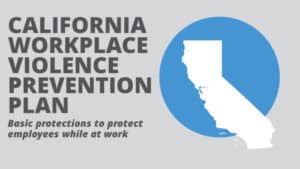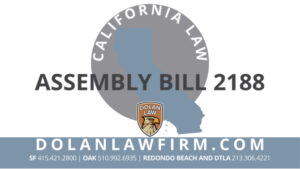Written by: Christopher B. Dolan
Today’s question comes from Darlene in the Excelsior who asks: “I have been really scared during Covid about losing my job. For the last 2 years I have worked in a relatively small company, with 20 employees, and I have to have a surgery for a total knee replacement soon. I have delayed because of Covid but I can’t put it off much longer. My doctor told me that as soon as the number of Covid cases goes down I should be scheduled for surgery. My company has a lot of workers younger than I am, and I am afraid they may replace me with a younger person who doesn’t have health issues. I also have asthma and I have been very careful to socially distance myself. I am deemed an, “essential worker,” and don’t have the luxury of working from home. I don’t trust my company (in case you hadn’t picked up on that) and I know one of my co-workers had Covid and they didn’t tell us. I found out through his teammate. What are my rights to take time off for my knee surgery and what obligation does my employer have to tell me when someone gets sick with Covid?”
Dear Darlene: These are some very stressful times and with so many people unemployed, I can see why you would be concerned about your job and your right to seek health care, as well as want to know if you have been exposed to Covid. Starting with your need to take time for your knee replacement, I can say that the delay due to Covid has worked in your favor.
Under the California Family Rights Act (CFRA), California’s version of the Family Medical Leave Act (FMLA), you would not have qualified for a job-protected medical leave for your knee surgery in 2020, but you will qualify in 2021. Currently, under CFRA if you have worked for an employer for 1250 hours or more during the last 12 months, you may take up to 12 weeks of unpaid leave (all at one time, or intermittently) for a serious health condition of yourself, your parents, children, spouse or registered domestic partner. CFRA leave doesn’t have to be taken all at once. An employee may take intermittent leave, if needed. Additionally, any parent may also take CFRA leave to bond with a newborn child. Prior to 2021, only employers with 50 or more employees within a 75 mile radius had to provide this leave. Starting January 2021, the law has changed (Fair Employment and Housing Code Section 12945.2) to require employers with 5 or more employees to grant CFRA (with certain limited exceptions) to a worker for themselves or a child, parent, grandparent, grandchild, sibling, spouse or domestic partner. Therefore, the law now has a much broader reach both in the number of employers who will be obligated to grant CFRA and the scope of the relationship to the employee, which has now been expanded to include grandparents, grandchildren and siblings.
When possible, an employee must request CFRA leave within a reasonable period of time in advance of the anticipated leave. An employee, “shall,” make a reasonable effort to schedule the treatment or supervision to avoid disruption to the operations of the employer. In case of an emergency, no notice is required before taking leave, but a prompt request must be made to the employer as soon as possible. An employer may require that an employee’s request for leave be supported by a certification issued by the health care provider of the individual requiring care. When CFRA leave is granted, the employer must continue to pay the employer’s share of their medical insurance, the employee is still obligated to pay the employees portion, and the employer must, upon granting of the leave, provide an employee with a guarantee of employment in the same or a comparable position upon return. An employer can have a policy that requires the employee to obtain certification from the employee’s health care provider that the employee is able to resume work, so long as that policy is applied uniformly.
As to the second issue raised in your question, regarding an employer’s obligation to notify you if a co-worker has been diagnosed with COVID, the Labor Code was amended to add Section 6409.6, requiring an employer, within one business day of receiving notice of potential exposure, to provide written notice to all employee and subcontractors who were on the same premises or worksite as an infected person that they may have been exposed. The employer must also provide all exposed employees with information regarding COVID-19-related benefits to which the employee may be entitled under applicable federal, state, or local laws, including, but not limited to, workers’ compensation, and options for exposed employees, including COVID-19-related leave, company sick leave, state-mandated leave (CFRA), supplemental sick leave, or negotiated leave provisions, as well as anti-retaliation and anti-discrimination protections of the employee. The employer must also notify the employees of the disinfection and safety plan the employer plans to implement and complete per the federal guidelines of the Center for Disease Control and Prevention. The law also prevents an employer from retaliating against an employee for disclosing a positive Covid test or an order to quarantine or isolate. This law expires on January 1, 2023.
If you feel that your rights have been violated, make sure to document it in a verifiable manner (email, memo, text, etc.) and contact a good trial lawyer with expertise in employment cases for a consultation. Our office has an employment law department that focuses on employee rights.










